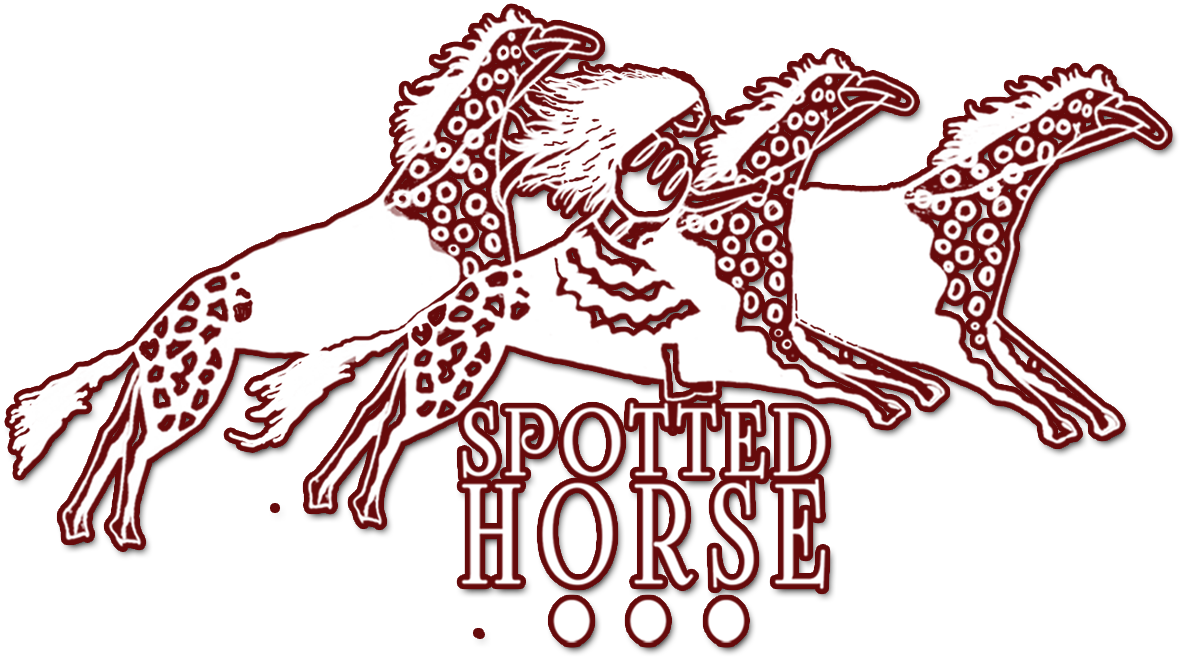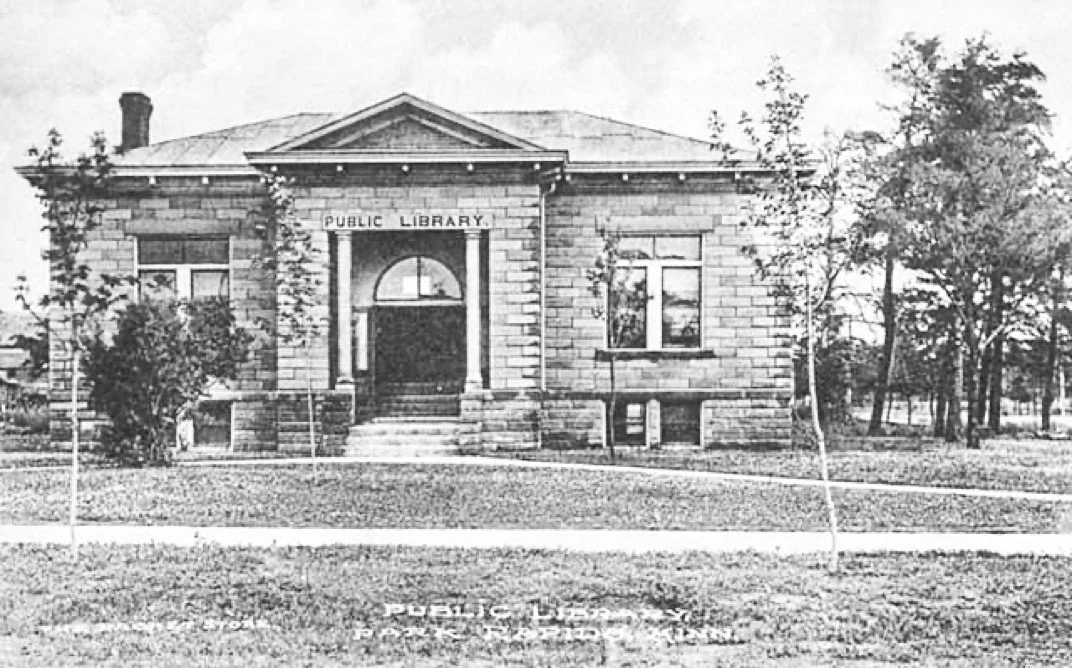Heritage Month- Library Back
Winona LaDuke
New Giiwedinong Treaty Rights and Culture Museum - Photo by Sarah LittleRedfeather
It’s just been the month when Native people are remembered. That’s nice. Now we want more, like we want to protect that Native heritage life-way and tell our stories to all. We also want to create a new history, one which is healing, restorative, and makes a better society and better world.
Native people are not in the past, we are in the present and we are in the future. Here’s a story we are making, it’s in Park Rapids, Minnesota and we can make this story together.
Giiwedinong, the new Treaty Rights and Culture Museum will open this upcoming spring 2023 in downtown Park Rapids, MN in the former Carnegie Library. In late October, we purchased the building, and hosted ceremonies at the former library, as our Native community organization, Akiing took possession of the building. Land Back that’s called, or Library Back in this case. And, then we hosted a Day of the Dead Celebration there, to honor the multi-cultural community of the Deep North, and to share the beauty of ceremonies from the south. We are proud to be a part of making history.
Photo by Sarah LittleRedfeather - Salsa Tuesday’s
Here is the beginning of this story. Long ago, Misaabe Wajiw was born, that’s a long ridge on the shore of Lake Superior, which is the body of a sleeping giant. the Missabe Iron Range. That’s also part of a Thunder being a giant ore deposit which was known by our ancestors as part of a sacred geography and land.
It’s said that our wealth is the source of poverty. In this case, large mineral deposits. That’s how it began, the theft of the land, and the dispossession of our people. The 1837 1842 and 1854 and l855 treaties were about iron ore, copper and trees. At the turn of the century, Duluth held more millionaires than any other place in the world. This is the story of the Weyerhaeuser, Carnegie, JJ Hill, Pillsbury, Musser, Congden empires and more. They did not spin straw into gold they were complicit in the theft of land, trees, and wealth.
Take the story of Andrew Carnegie. The opening of the fabulously rich Mesabi Range in Minnesota in 1892 created the opportunity for Andrew Carnegie to take control of North America's richest iron deposits. Carnegie owned mineral rights. At the turn of the century, Northern Minnesota was the largest producer of iron in the world. And Andrew Carnegie did well. In l901, at 66, Andrew Carnegie was the world’s richest man. He quit, he retired.
Then, Andrew Carnegie decided to become a philanthropist, a person who gives money to good causes. He, like a few of the wealthiest people in the world, believed in the "Gospel of Wealth," which meant that wealthy people were morally obligated to give their money back to others in society. After all, you can’t take it with you.
Andrew Carnegie supported education; he gave money to towns and cities to build 2507 public libraries mostly in small towns throughout the country. And, then Andrew Carnegie financed the beginning of the Hague, the World Court, and a number of educational institutions. Carnegie believed in education and knowledge. Those libraries brought worlds far away imagination and a place of solitude to rural areas. The people appreciated the Carnegie Libraries as they were known, and many of us, including myself, spent many hours and days of our youth in a Carnegie Library.
The City of Park Rapids, Minnesota once had a Carnegie Library. Then, the city decided that the library should move to an old bank building, to insure handicapped access. And, then the Carnegie Library became a home to private businesses. One of those businesses was the Canadian multinational pipeline company Enbridge. That company wanted to put in Line 3, the largest tar sands pipeline in the United States.
In 2015, Enbridge purchased the former Carnegie Library in Park Rapids Minnesota, deploying it as a headquarters for their expansion in the l855 Treaty Territory. This struck many of us the wrong way, considering the library was for enlightenment, not greed. So, we responded by creating a presence in front of the offices. That’s to say, beginning in January of 2021, when Enbridge was beginning to run over our lands, we gathered. We would stand outside the offices with signs that said Water is Life, and other such controversial phrases, and to keep warm we would dance, and sing. Then we would go eat at the Mexican restaurant, Vallartas . We began to refer to this as Salsa Tuesdays. One day, we stood with some signs that said, Deport the Canadians, Keep the Mexicans This became a gathering event for Water Protectors in 2021. And we became very good at the Macarena. And very grateful for the warm meals.
Salsa Tuesday’s - Photo by Sarah LittleRedfeather
Enbridge began selling off their properties after they commissioned Line 3. Leaving liabilities, broken aquifers, fracked rivers, and court systems clogged with Water Protectors. And, then we, beaten, arrested, continued to dream. On October 27 of this year, Akiing an Anishinaabe Community organization purchased the former Enbridge office, the Carnegie Library. We intend to turn this into Giiwedinong- a Museum and Cultural Learning Center of the North.
Giiwedinong means “in the north. We had a good celebration for everyone, and now we are ready to work and make beautiful. Our first big public event was Dios de Lost Muertos; a Day of the Dead celebration with our Indigenous relatives from the south. Honoring those who had passed, and celebrating this moment we call life, we had a hundred or more people show up , ponies, music by Corey Medina and, we created a place for many cultures.
More to come…
That’s a story of land back and a heritage remembered. This is a living heritage, not something which happened long ago. This is the story we can make together, and it can be a healing story.
For more information contact info@akiing.org
Días de los Muertos Celebration, Day of the Dead, Block Party in Park Rapids, MN - Photo by Sarah LittleRedfeather






